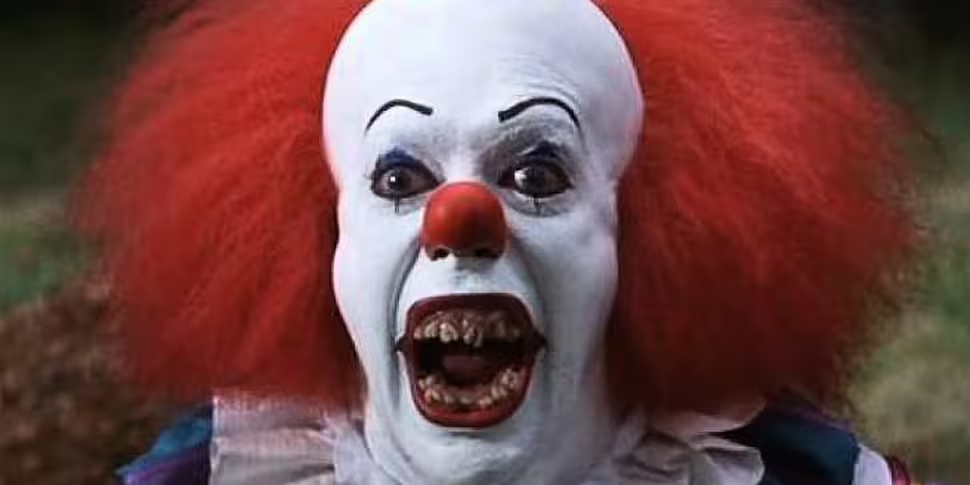In case you were one of the few lucky enough to not already be afraid of clowns, then the recent issues with the red-nosed "entertainers" might change that forever.
Earlier this month, four different cases of creepy clowns were reported in South Carolina, a month after two similar incidents took place in the same vicinity.
Now two people have been arrested for making bogus claims of being disturbed by clowns in their area, when a man in Georgia reported seeing two clowns lurking around a white van.
Once police showed up to investigate, they could find no evidence of any clowns on local CCTV cameras, and both the man and his sister-in-law, who had also made a clown-reporting call, were arrested and are facing charges of Obstruction and Unlawful Conduct during a 911 call.
This may sound familiar to those who remember that all of this actually already happened in the UK back in 2013, after a spate of clown sightings in Norfolk had a small town somewhat terrified.
Why clowns, though? You could blame media on turning us viewers into a mass group of coulrophobics, thanks to Pennywise in It, or The Joker in Batman, the reality of John Wayne Gacy, or if you're particularly sensitive, Sideshow Bob in The Simpsons.
There has been some research put into the (arguably) irrational fear, with anthropologist Claude Levi-Strauss writing extensively about masks in his study of tribal cultures in his 1982 book The Way Of The Masks: "The facial disguise temporarily eliminates [the face] from social intercourse… The face is the organ by which self and society carry on the largest portion of the communication in which they engage.”
Back in the day, Sigmund Freud tried to work out the “uncanny valley” effect: the idea of something being very familiar but simultaneously oddly unfamiliar that causes a response of revulsion. The paled-skin triggers a reaction of revulsion in some, sparking a long-evolved response to avoid corpses.

Speaking to Vulture, Steven Schlozman, a Harvard Medical School psychiatrist, said that a creepy, never-changing grin has this property: “You recognize a smile, your brain registers that smiles are largely good things – and yet you can’t smile all the time, because if you’re smiling all the time, something’s not right... I think that’s similar to clowns, in that we take cues from the way people behave, but if there’s no change in the way they look or the way they act that makes them very scary.”
So there you have it. Masks + unending smile + the venus fly-trap of the vaguely familiar is why we're afraid of clowns.
While there has been some speculation that the recent spate of sightings may all be related to a new horror movie from Rob Zombie, others are blaming it on one of Stephen King's creations.
Pennywise The Clown is now the prime suspect for the new sightings, as in the book we're informed that the the child-killing clown comes out of hibernation every thirty years to murder a few more children, and of course, the novel that he appeared in was published in - yep, you guessed it - 1986. Plus It is getting remade for cinemas, with the new version set for release next year.
Whether or not we'll ever get to the bottom of the sightings, one thing is for certain: the fear of clowns isn't going anywhere in a hurry.









